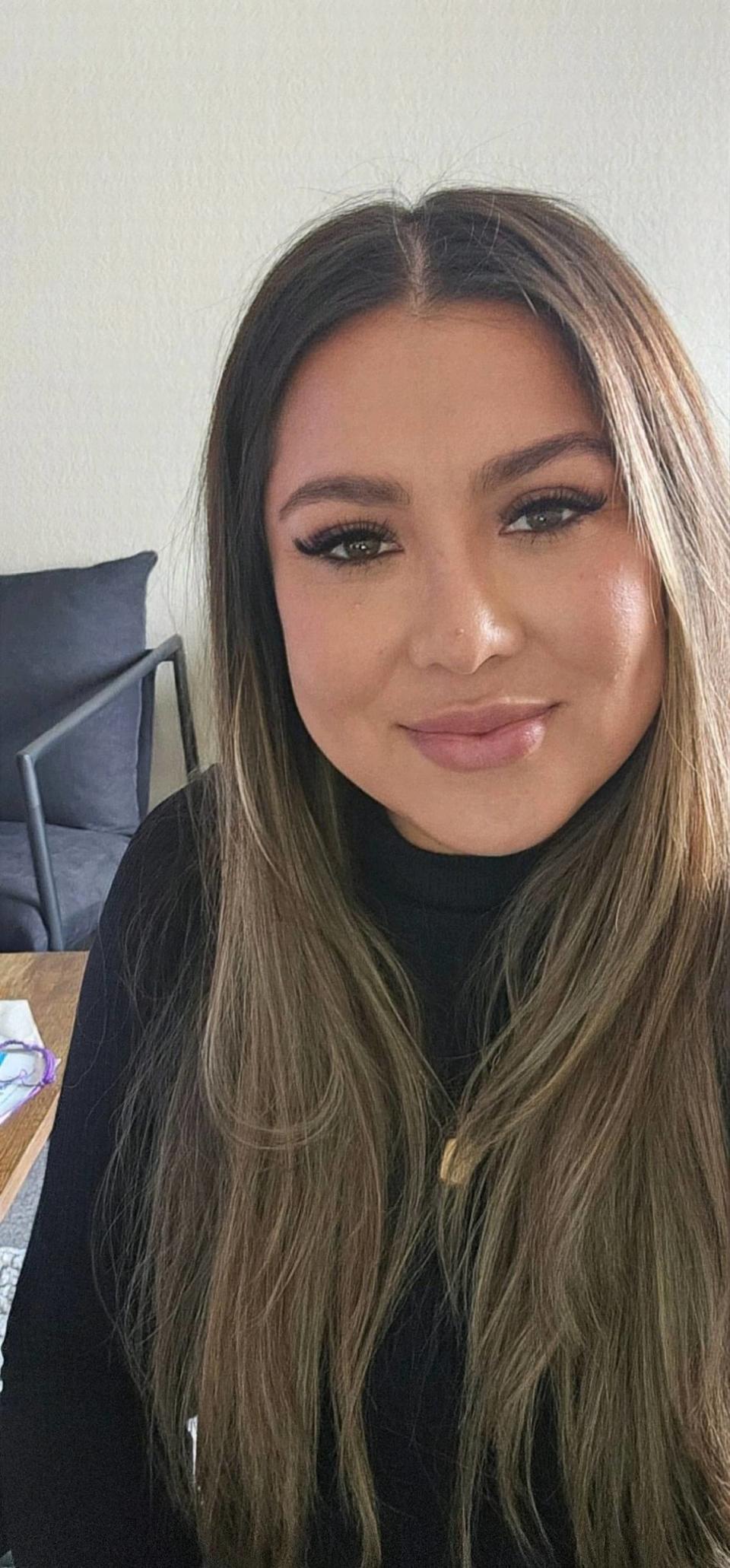An insurer tricked grandma, but Clovis granddaughter and an ombudsman saved her | Opinion
My grandmother recently suffered from a stroke and needed to be hospitalized. We did everything we could to ensure that she had the best care available. Everyone’s stress levels were high because we knew that the early stages of dementia, combined with stroke recovery, was going to be a doozy for all involved, especially grandma.
When she was in the hospital, we discovered that prior to the stroke, grandma had taken a phone call from a company offering to help her with prescriptions, doctors’ appointments and just a weekly chat if she got lonely, all for the low price of nothing.
With a simple “si esta bien” (“yes, that’s fine”), everything changed. What this company didn’t tell her is that this all would come at the cost of getting rid of her Medicare// Part A and Part B insurance, making it nearly impossible for her to receive the care she needed.
I will never forget the first things the doctors told me: “Your grandmother is going to be OK and we are going to try our best, but this insurance is the worst that we come across, so odds are they going to deny her rehab and put her in a skilled nursing facility, please be prepared for that.”
That hit us all like a ton of bricks.
Opinion
An 83-year-old woman who, single-handedly, raised eight children, cared for all her grandchildren, has lived alone and according to doctors would benefit the most from acute rehab combined with being at home, would be now be forced into a skilled nursing facility.
The doctors did their best to appeal and got denied every time. What this insurance provider didn’t check or realize before the call is that grandma had a power of attorney and medical directive signed three years prior. When we called to inform them of that, they simply didn’t care.
Thankfully, with the help of an ombudsman and a “proven special circumstance,” were able to get her plans switched to back and she is on the road to recovery with a care plan that works best for her.
The medical staff informed me that not many patients are that lucky or have the right people advocating for them. Too often they hear the same story — “They said the prescriptions would be free, we would get free rides, they called me so many times or I saw this on a commercial.”
Not one week after my grandmother’s plan was canceled, the provider called her cell phone. I answered and they said “Well, we want to reinstate and we will send her XYZ or give her an allowance card for purchases.” I informed them she wasn’t interested. It has been more than three months and I have received a mailer from this company every week, several phone calls and countless emails. The commercials are all over the TV channels she watches.
You hear it all the time on TV, radio, see it in newspapers and Facebook, (insert favorite information source) that health care is a real problem, and we need solutions. Whether you are a newborn, adolescent, adult, or senior citizen, we can all agree that health care is important (both services that are available and how they are covered). Regarding health insurance, there are two important times that affect most Americans: aging off of your parents’ or guardian’s plan, and aging in to a medical or Medicare plan. In both instances the same questions can be asked: “What does this mean?” “How much will this cost” and “What do I do now?”
How many people has this same story happened to? Are they calling your family members? Do your family members even know what they are agreeing to? Where do we draw the line on excessive marketing to vulnerable populations?
If you are anything like me, during my growing-up years health insurance was just this thing you need as an adult, like paying taxes and buying car insurance. But there was no class on how to choose a health-care plan, what that plan should cover, etc.
Maybe with a little education, stricter regulations and some legislation to back it all up, we could make it just a bit easier to understand, especially for our seniors.
Desiree Haus grew up in Huron and now lives in Clovis. A Fresno State graduate, she works in government relations. She is a member of The Bee Editorial Board’s community advisory panel.


